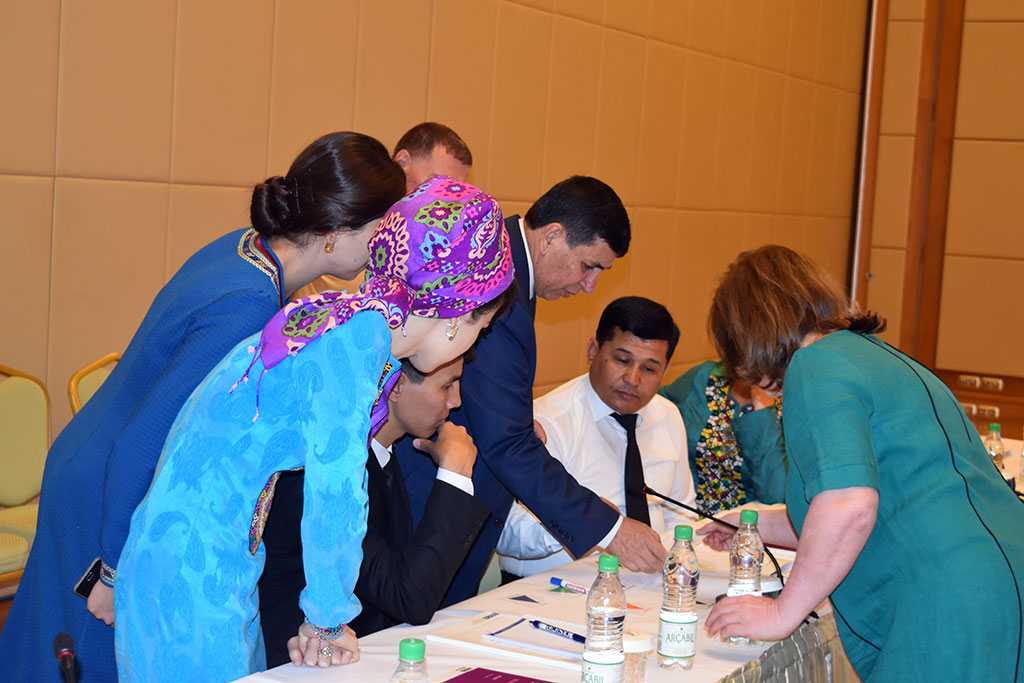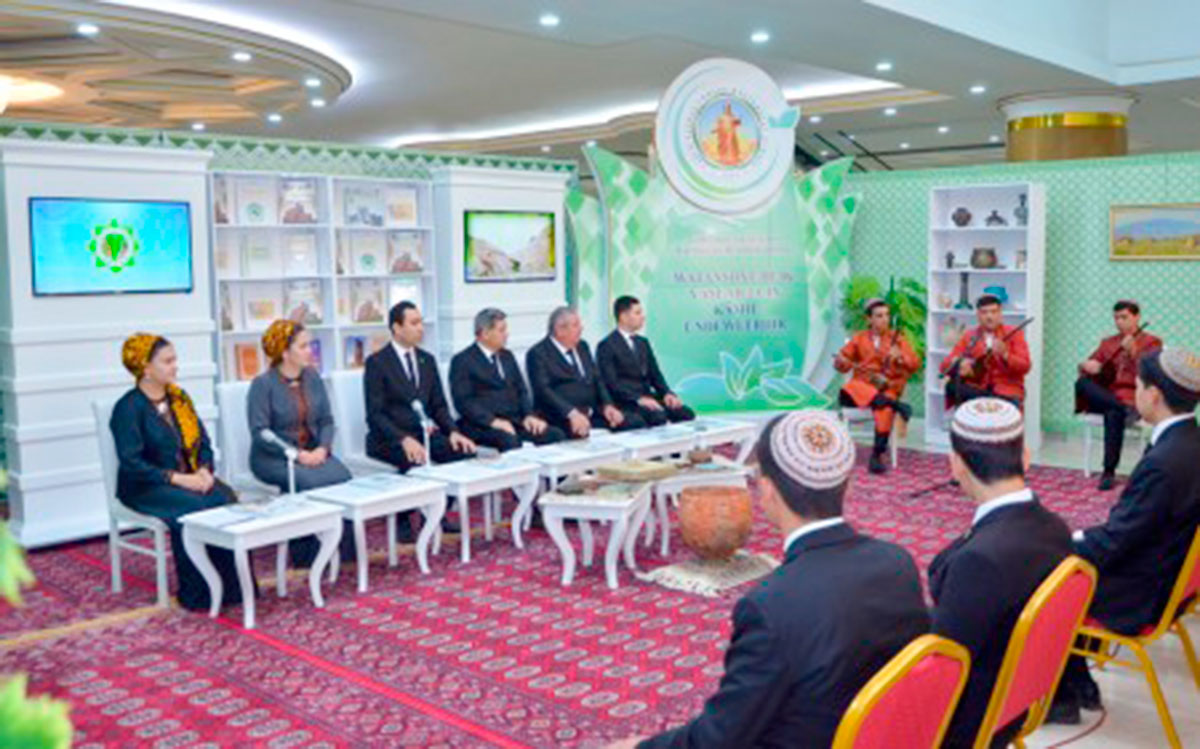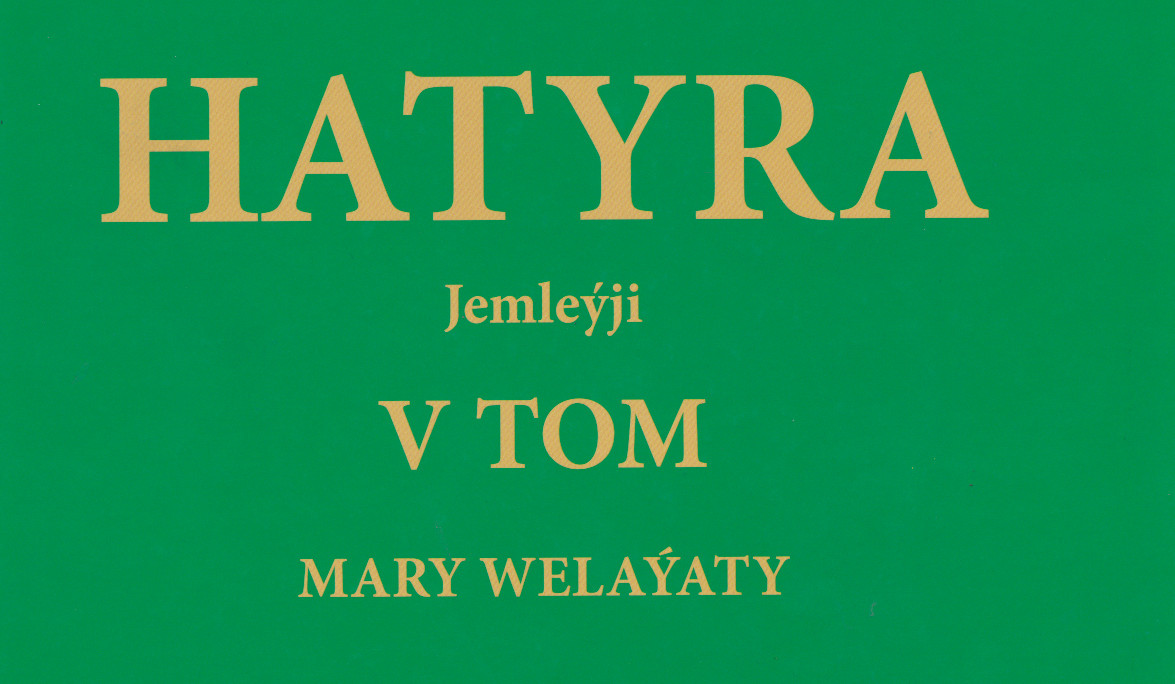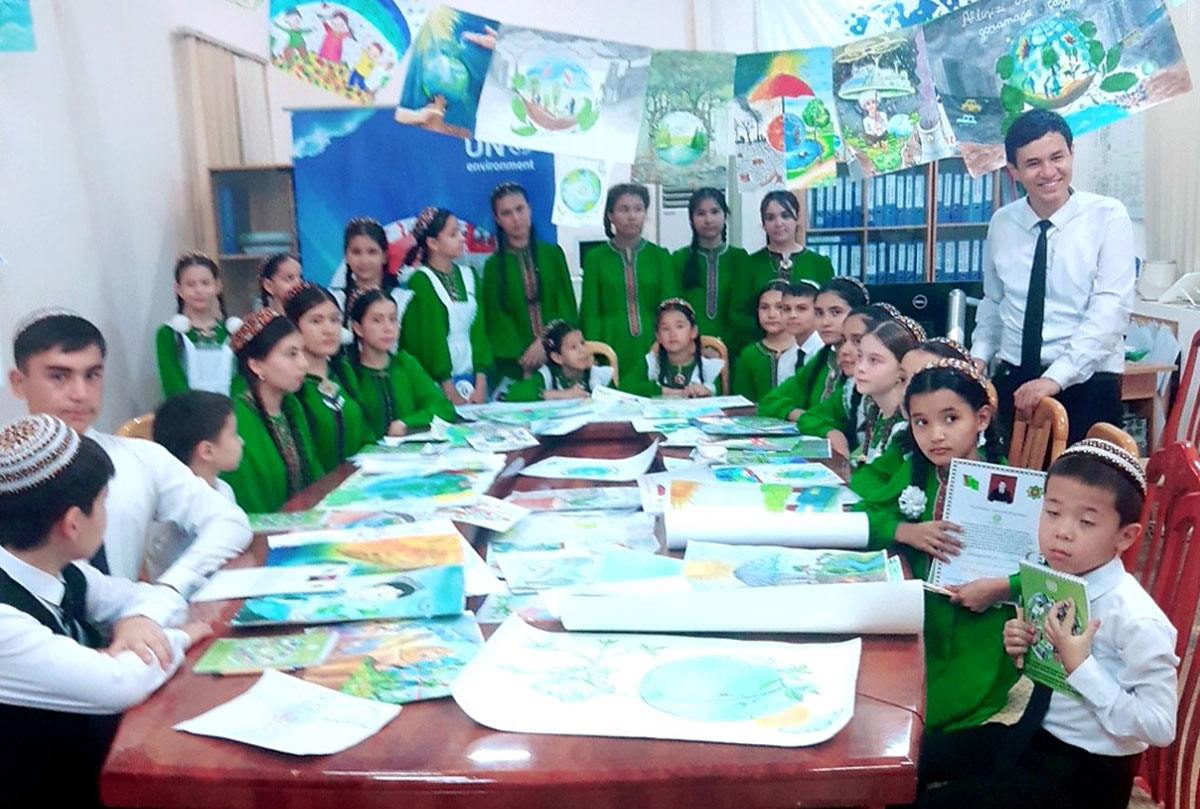The two-day seminar on the international standards of broadcasting regulation and new models of broadcasting organized by the OSCE Center in Ashgabat was held at the Yyldyz Hotel in Ashgabat.
OSCE international experts – Anna Kachkaeva (Russia) and Arkady Mayofis (Israel) presented different models of broadcasting, focusing on the respective advantages and challenges of public service, private and commercial television.
Addressing the seminar participants, Ambassador Natalya Drozd, Head of the OSCE Centre in Ashgabat noted that the seminar continued a series of ‘round-table meetings’, organized in the framework of the cooperation with the government of Turkmenistan on the development of the national media legislation. The thematic course has proved itself as an efficient platform to exchange experience and opinions between the international and national experts in the context of improving the national media legislation and the practices of its implementation.
Natalya Drozd emphasized that the OSCE welcomed the efforts taken by the Government of Turkmenistan on improving the national media legislation and provided assistance in this important process. As is known, the Centre provided the expert support in drafting the law of Turkmenistan on Television and Radio Broadcasting, which was adopted in January this year that became an important step towards enhancing the national media legislation and bringing it into compliance with international standards.
It was noted that the Law provided an opportunity to share best practices of transition to new models of broadcasting and facilitate discussions on efficient mechanisms of broadcasting regulation to promote the pluralism of broadcast media.
The seminar included interactive group discussions on possible models of broadcasting at the national and regional level and issues pertinent to the establishment of private broadcasting companies, including the development of the business model and identification of the audience and content. The participants exchanged views on private television and competition, highlighting the importance of the company’s organizational structure and strategy.
The final part of the seminar was dedicated to the new educational standards in television journalism and the important areas to train professionals in media industry in the context of the rapidly developing global information space.
OSCE international experts – Anna Kachkaeva (Russia) and Arkady Mayofis (Israel) presented different models of broadcasting, focusing on the respective advantages and challenges of public service, private and commercial television.
Addressing the seminar participants, Ambassador Natalya Drozd, Head of the OSCE Centre in Ashgabat noted that the seminar continued a series of ‘round-table meetings’, organized in the framework of the cooperation with the government of Turkmenistan on the development of the national media legislation. The thematic course has proved itself as an efficient platform to exchange experience and opinions between the international and national experts in the context of improving the national media legislation and the practices of its implementation.
Natalya Drozd emphasized that the OSCE welcomed the efforts taken by the Government of Turkmenistan on improving the national media legislation and provided assistance in this important process. As is known, the Centre provided the expert support in drafting the law of Turkmenistan on Television and Radio Broadcasting, which was adopted in January this year that became an important step towards enhancing the national media legislation and bringing it into compliance with international standards.
It was noted that the Law provided an opportunity to share best practices of transition to new models of broadcasting and facilitate discussions on efficient mechanisms of broadcasting regulation to promote the pluralism of broadcast media.
The seminar included interactive group discussions on possible models of broadcasting at the national and regional level and issues pertinent to the establishment of private broadcasting companies, including the development of the business model and identification of the audience and content. The participants exchanged views on private television and competition, highlighting the importance of the company’s organizational structure and strategy.
The final part of the seminar was dedicated to the new educational standards in television journalism and the important areas to train professionals in media industry in the context of the rapidly developing global information space.







